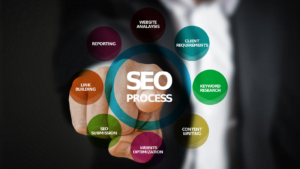On-Page SEO And Off-Page SEO | Key Differences
On-page and off-page SEO are the two main categories for a successful SEO campaign.
On-page and off-page SEO work together to improve your search engine ranking. These are the key differences between the two and how you can use them to your advantage.
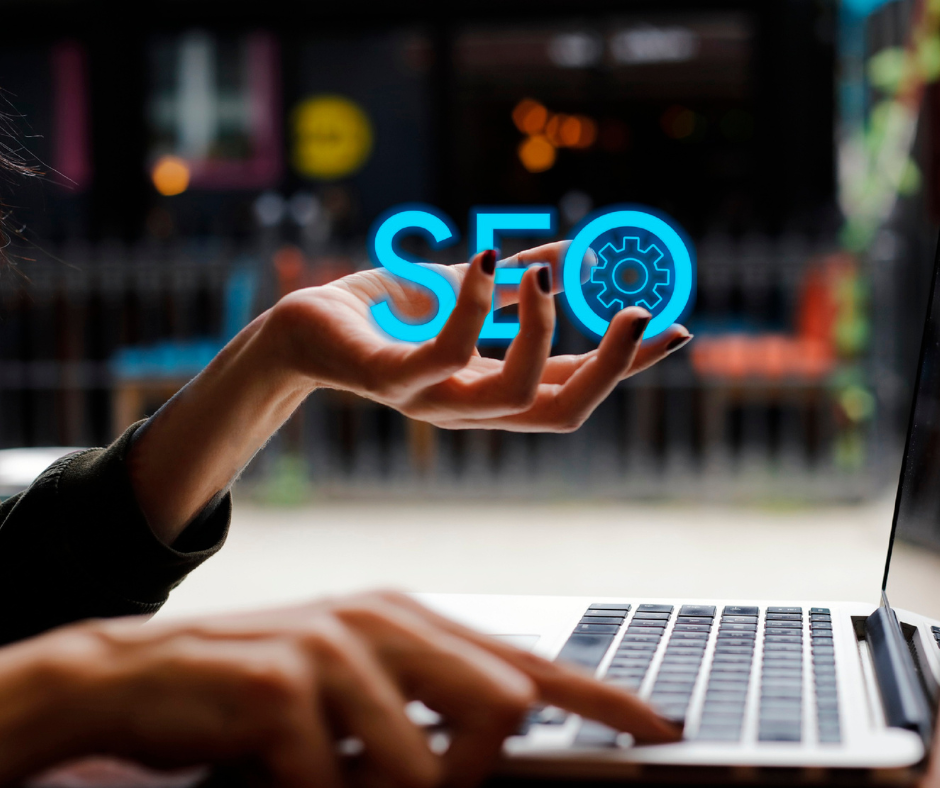
What Is On-Page SEO?
On-page SEO is the practice of optimising the elements of a web page to improve its search engine ranking.
On-page SEO considers the elements of a website, such as keywords, title tags and meta description, site content, alt text, schema markup, and URL structure.
On-page helps search engines understand what your website is about and to identify if it is relevant for a search query.
What is Off-Page SEO?
Off-page SEO refers to SEO techniques focused on marketing your website across the internet.
The goal of off-page SEO techniques is to promote your website, increase organic traffic, and increase the domain authority and trustworthiness of your website.
Off-page SEO techniques include link building, social media marketing, content marketing, guest posts, and reviews.
On-Page SEO Factors
Keywords
Keywords help search engines understand what your website is about.
Effective use of keywords is essential for search engines to match your website to your target audience.
It is important to use the right keywords – that are relevant to your business and your target audience.
Title Tags and Meta Description
Title tags and meta descriptions help search engines understand what your website is about.
The title tag is the page title which appears as a clickable headline on search engine results pages (SERPs). It is a concise description of a website.
The meta description is a short summary which describes what the website is about and appears under the title tag on search engine results pages.
Both the title tag and the meta description play a significant role in encouraging people to click on a website.
It is important to optimise the title tag and meta description to increase your website clickthrough rate.
Site Content
The content of a website helps search engines understand what your website is about and to identify if your website is relevant for a search query.
The content of your website should contain relevant keywords and useful information that is easy to read and relevant to searchers and your target audience.
Alt Text for Images
Alt texts are brief descriptions of the images on a website.
Alt texts help search engines understand what is depicted in the images.
Including keywords in the alt text helps search engines identify if an image is relevant for a search query.
Schema Markup
Schema markup helps search engines understand what your website is about.
Schema markup is a code in the form of structured data that communicates the elements of your website in a language that search engines understand.
By applying schema markup to your website, you provide search engines with extra details about the elements of your website.
This helps search engines index your website better and helps your website rank higher in search engines.
URL Structure
The URL structure helps search engines better understand what your website is about.
To optimise your URL, include your primary keyword, use descriptive words to convey what your website is about, use real words instead of numbers and characters, keep your URL short, and use hyphens between words.
Off-Page SEO Factors
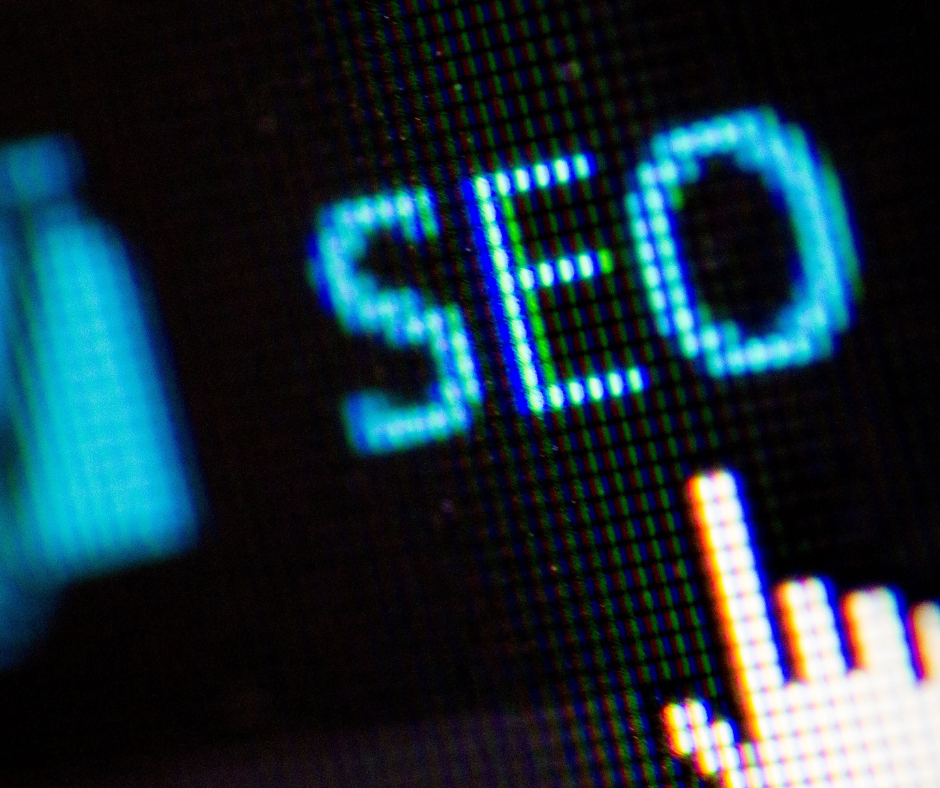
Building Backlinks
Backlinks are one of the most effective techniques for SEO.
A backlink is created when another website links to a webpage on your website.
The more backlinks a website has, the more authoritative your website will be to search engines, and the better your website will rank on search engine results pages.
When it comes to backlinks, search engines value quality over quantity. It is best to ensure that your backlinks are from trustworthy and authoritative sites rather than from spammy sites.
Social Media Engagement
Social media is a great platform for your website to get more attention, gain domain authority and better your search engine ranking.
When you share content on social media, this helps to direct more traffic to your website, gain more awareness for your business, and gain more engagement.
Shareable Content
When it comes to off-page SEO factors, many things can go into play. One of the main ones is shareable content.
Shareable content is easily shareable, meaning it can be used online or offline to reach a larger audience.
There are many factors to consider when creating shareable content, but some of the most important ones include the following:
- The article’s topic
- The tone of article
- The clarity of the information
- The format of the article
Pay-per-Click Campaigns (PPC)
When it comes to digital marketing, a few things always have to be considered. One of these is off-page SEO factors, which refer to how well an advertiser can optimise their website for search engine results.
PPC campaigns are one way that an advertiser can target this audience. They can use keywords, or other optimisation techniques, to improve the visibility of their website on search engines.
One potential benefit of a PPC campaign is that it can bring in extra revenue. Advertisers who spend money on PPC will see a higher return on investment than those who don’t.
Local SEO
For many businesses, the goal of online presence is to be seen by as many people as possible. On-page SEO is an important part of the equation if you’re looking to improve your search engine rankings.
Off-page SEO factors can help you achieve this goal, but it’s important to understand them and how they can benefit your business.
Off-page SEO begins with creating a good website. Your website is the first place visitors see when they stumble across your company or product.
It’s also the first place people look for information about you on the internet.
Domain Authority
Domain authority is an important metric for off-page SEO because it determines how well a website ranks in search engine results pages (SERPs).
To increase the authority of a website, you can use keywords from that site accompanied by related quality backlinks that point to your site.
Several factors influence domain authority, but some of the most common ones are pageviews, Alexa Ratings and Google Analytics tracking.
On-Page SEO Technical Best Practices
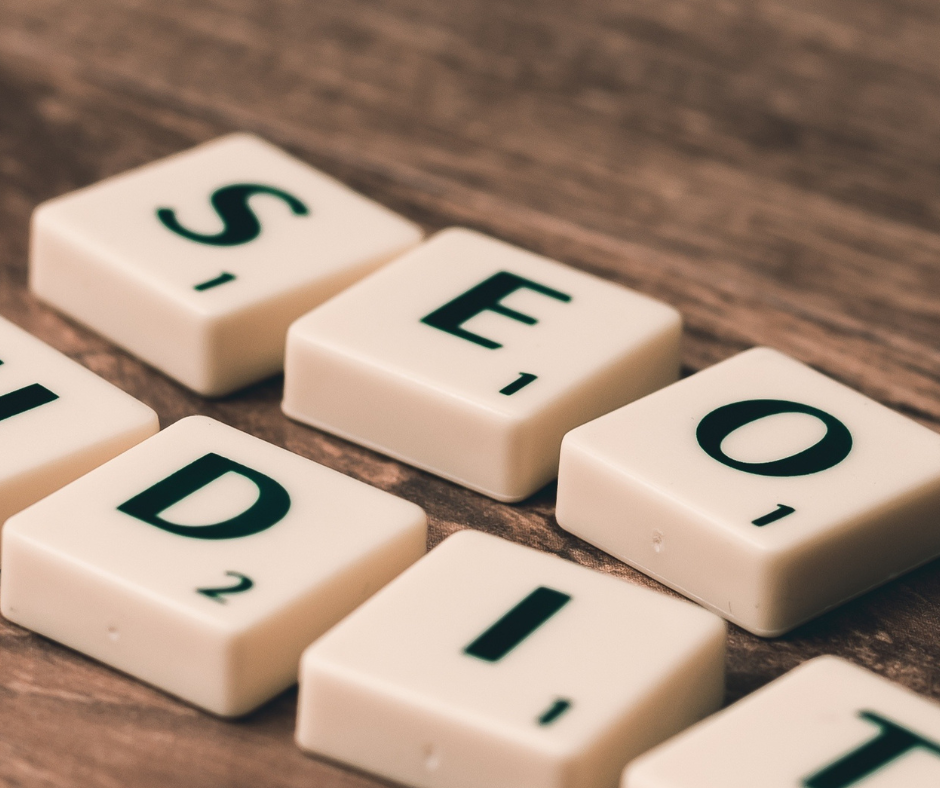
On-page SEO technical best practices can help increase the visibility and ranking of a website.
It is important to understand how to do these practices correctly to achieve the desired results. Here are some general tips for on-page SEO:
- Use keyword research SEO tools such as Google AdWords Keyword Planner or Google Trends to determine which keywords are used most frequently on your site.
- Check the competition and make sure your site is at the top of relevant search engine results pages (SERPs).
- Ensure your site has correct grammar, spelling, punctuation, and formatting.
- Optimise your images using techniques such as Brightcove or Imagemagick.
- Use correct titles and descriptions for all items on your site.
Other Off-Page SEO Best Practices
When considering off-page SEO, it is important to remember that different strategies work best for different websites.
One popular method of optimising a website for search engines is through local SEO. This means optimised titles, metadata, and other elements on the site that allow browsers to rank pages higher in search engine results pages (SERPs).
Optimising these elements can increase your chances of earning higher web traffic and revenue.
Another popular way to engage with potential customers outside your website’s natural audience is by creating social media accounts and following relevant blogs, or Twitter handles.
Doing this will give you followers who are interested in your topic and who can share your content with others on their platforms.
Using these methods ensures that your website ranks higher in SERPs and continues growing user engagement.
Conclusion
Both on-page and off-page SEO are important strategies to improve your search engine rankings.
On-page SEO focuses on improving the elements of your website, and off-page SEO focuses on promoting your website across the internet.
It’s best to utilise both on-page and off-page SEO for optimal success in your SEO campaign.
Was this article helpful? Let us know in the comments.
FAQ
Is on-page or off-page SEO more important?
On-page SEO is more important than off-page SEO because the former affects the visibility of your website and can lead to increased traffic and leads.
On the other hand, off-page SEO impacts your website’s visibility and not as much.
What is Off-page optimisation?
Website owners and web admins use off-page optimisation (OPA) to improve the search engine ranking factor.
OPA can be done using various techniques, including HTML coding, optimising images and text, and placing keyword(s) on pages.
What is onsite and offsite SEO?
Onsite SEO is optimising your website for search engine optimisation (SEO).
This can be achieved through developing a content strategy, designing an effective title tag, and creating keyword-rich descriptions of your site.
Offsite SEO is the process of optimising your website for Google AdWords.
This can be achieved by using relevant keywords in your titles and descriptions and ad campaign strategies tailored to specific locations.
References and Citations:
https://schema.org/docs/gs.html
https://support.google.com/google-ads/answer/7337243?hl=en
https://trends.google.com/trends/


